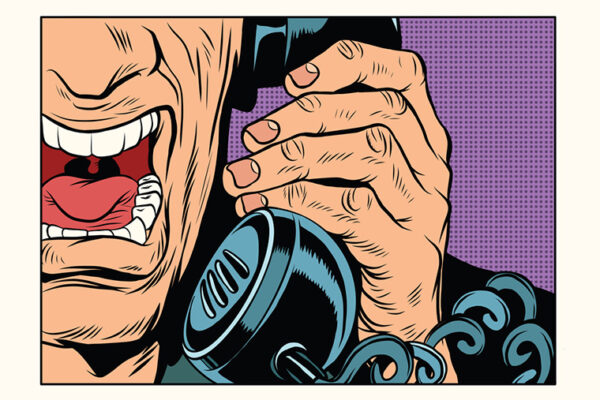It doesn’t pay to play angry when negotiating
A new paper, authored by Washington University in St. Louis faculty and alumni from Olin Business School, reports findings from five different studies of subjects in a negotiation agreement. The takeaway: inorganic anger generally leaves parties of both parts feeling guilty, distrusted and needing to make amends afterward.
Twin peeks
A new Olin Business School study suggests maybe there is no one best negotiator; maybe the person you should send into a negotiation depends on whom you’re up against.
Labor Day reflections – are unions passé?
Labor Day may celebrate the historical contributions of the American labor movement, but the future of the movement is in question. “Unions are under siege,” says labor and employment law expert Marion Crain, JD, the Wiley B. Rutledge Professor of Law at Washington University in St. Louis. “In the public sector, governors seeking to slash budgets are de-authorizing state labor laws that govern the organizing and bargaining rights of state employees. In the private sector, both the federal legislation that supports union action and the administrative body that enforces the law are under attack. Union density is on a dramatic downswing.” At the same time, wage inequality has not been higher since the Great Depression.


